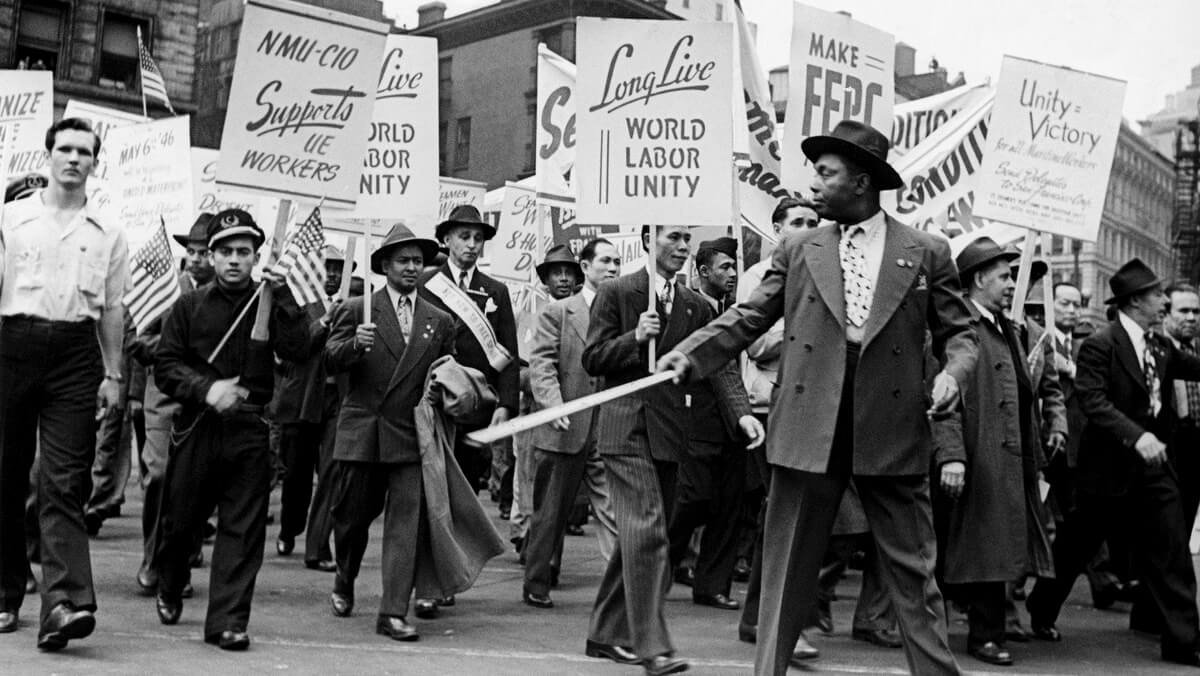
Federal vs. California Wage Laws
There essentially two different sets of wage and hour laws applicable to California employers: the Federal Fair Labor Standards Act (commonly known as the “FLSA”) and the California Labor Code. There are a variety of similarities and differences between these two laws. The overarching distinction is that California’s Labor Code trumps Federal law when California’s laws are more protective. For example, although under Federal law the minimum wage is $7.25 per hour, since California has a higher minimum wage, all employers must at least pay the California minimum. Similarly, California allows for daily and weekly overtime, whereas under Federal law you are only entitled to overtime if you work over forty hours in a week, no matter how many hours you work in a day.
There are also several important differences when it comes to whether employees are considered “exempt” or “non-exempt” from overtime and minimum wage standards. It is generally harder for an employee to qualify as exempt under California law than under Federal law. This is good for employees. One of the most important distinctions is that in California, an employee must actually spend more than half of his or her time performing exempt duties (such as making sales). Under Federal law, courts will look to the “primary duty” of the employee’s job. This is sometimes referred to as the “qualitative (Federal) vs. quantitative (California)” approach. In practice the Federal standard gives employers much more wiggle room to create idealized job descriptions and then simply claim the employee fell short of expectations.
Here’s a cheat sheet of some common differences between Federal and California wage and hour law:
California Law:
Minimum wage is set by the State, currently $15.50 per hour.
Tips cannot be counted against the minimum wage; if you are a tipped worker, you still must receive at least the minimum wage per hour for every hour worked.
Employers must provide a meal break of at least one half hour on any shift that lasts at least five hours.
Employees are entitled to daily overtime of one and a half times their regular hourly wage for any hours worked over eight in a day, or any hours worked on the seventh consecutive workday in a single workweek up to eight hours. Employees are owed double their regular hourly wage for all hours worked after twelve in a day, or any hours worked after eight on the seventh consecutive workday of a single workweek. California employees are entitled to recover unpaid overtime plus interest against employers.
Exempt employees must be paid on a Salary basis of at least twice the current minimum wage per week.
Courts utilize the “primarily engaged” test to determine if an employee performs work qualifying as exempt; exempt employees must perform exempt duties at least 50% of their time, unless the employer can show the employee was not performing up to the realistic expectations of the job.
When an employee is separated from employment (whether they quit, are laid off, retire, or are fired) the employee is entitled to full payment of all owed wages upon separation from employment. If the employer fails to give the employee all of their owed wages immediately (if you are fired) or within 72 hours (if you quit) you are entitled to “waiting time penalties” equal to a normal days wages for every day that your employer fails to pay you.
There is no “highly compensated employee” exemption; you must qualify for all of the relevant exemption criteria for your job category.
Very strict restrictions on deducting money from paychecks. Generally, the only permissible deductions are for benefits. Deductions from commissions or wages for unidentified returned items, broken employer property, overpayments of wages, or for loans are prohibited.
Definition of employer and employment is broader, thus more entities and individuals can be liable for employment violations.
Federal Law:
Minimum wage is set by the Federal Government, currently $7.25 per hour.
Up to $5.12 per hour in tips can be counted against the minimum wage, meaning a tipped worker can be paid as little as $2.13 per hour.
No meal break requirement.
Employees are only entitled to overtime if they work over forty hours in a workweek. Employees are entitled to liquidated damages of double their overtime damages if Employers willfully fail to pay overtime. California has no such damages provision.
Exempt employees must be paid on a salary basis of at least $455 per week.
Courts utilize the “primary duty” test to determine if an employee is expected to perform exempt duties. In practice, compared to the California test this gives employers more leeway to argue that employees are exempt based on job titles and written job descriptions, rather than what employees actually do all day.
There is no law penalizing an employer for failing to immediately pay wages upon termination, other than the underlying wage violation.
Employees earning over $100,000 per year are generally exempt. Although the burden still rests with the employer to prove the employee is exempt, the standards for making this determination are much less rigorous for such “highly compensated” employees.
Employers have more leeway to make deductions, and have a good faith “safe harbor” for deductions made in error.
Definition of employer and employment is more narrow, making it harder to make more employers liable in joint employer situations.
